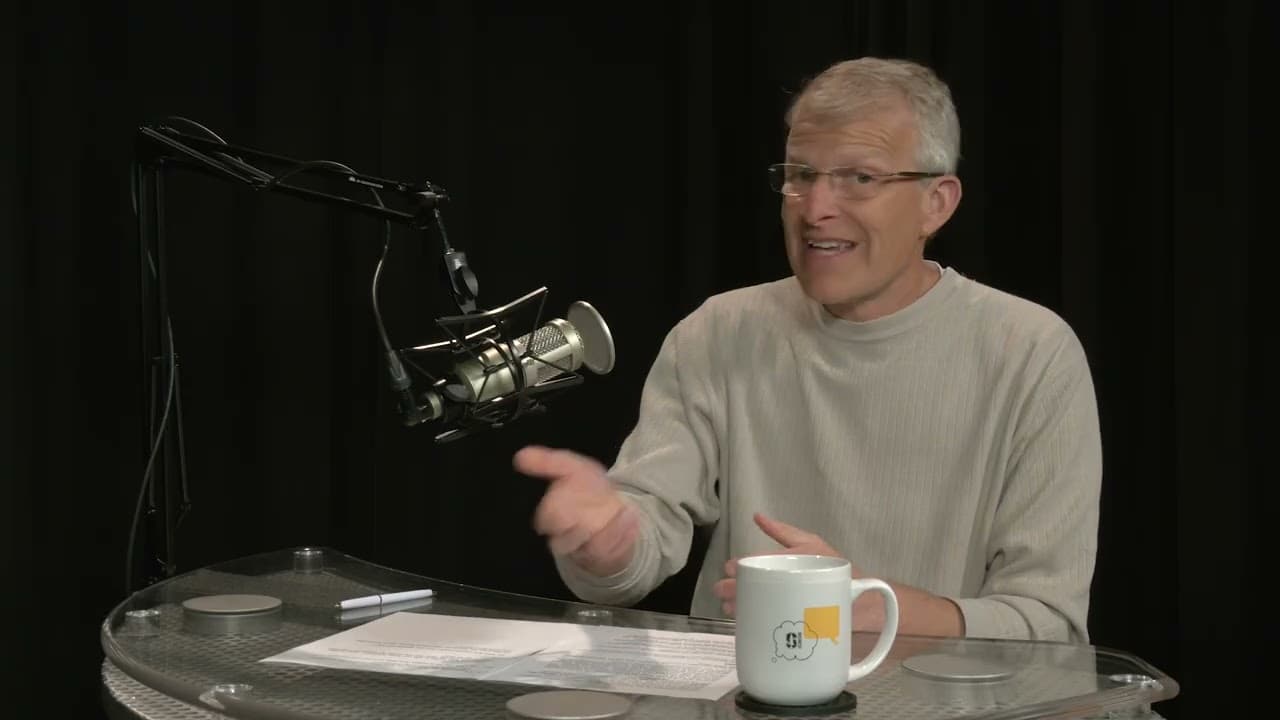151. Get Hired: How the Right Communication Can Advance Your Career with Andrew Seaman
18 Jul 2024 (over 1 year ago)

Online Presence and Interview Presence
- Curate your LinkedIn profile and social media presence to showcase your professional interests and passions.
- Post regularly about your profession, industry trends, and personal interests.
- Focus on adding value to conversations when commenting on others' posts.
- Be mindful of your timeliness, responses, and overall demeanor throughout the interaction with the company.
- Consider sending a follow-up email after an interview to address any missed opportunities or correct any miscommunications.
Interviewing Skills
- Interviewing is a skill that requires practice and development.
- Hiring managers should be trained on effective interviewing techniques.
- Interviews should be a conversation, not a one-sided explanation of the job.
- Candidates should research the role and the company, identify relevant themes to represent themselves, and stockpile specific examples to demonstrate their skills and experience.
- Candidates should be able to adapt and be spontaneous when faced with unexpected situations.
- It is important to connect the dots and explain the relevance of examples and experiences to the job.
Resume and Communication
- A well-crafted summary at the beginning of a resume can help set the tone and guide the reader's understanding of the candidate's qualifications.
- The ADD method (Attention, Desire, Direction) is a useful structure for organizing and presenting information in a memorable way.
- When following up after an interview, it's important to build a strong connection during the interview itself and keep the conversation going with a thank-you note.
Career Growth and Networking
- To leverage online communities and tools for career growth, think of your career as concentric circles and connect with people in your immediate group, the larger workforce, and your profession.
- When asked "Do you have any questions for me?" in an interview, be strategic in your response. One approach is to ask about potential weaknesses or challenges in the role, while another is to ask what the interviewer wishes they had asked before getting hired.
Communication and Humor
- Walter Cronkite is an admired communicator for his dedication to journalism and his steady presence during challenging times.
- The first three ingredients of a successful communication recipe are being genuine, truthful, and humorous.
- Authenticity and truthfulness are crucial in leveraging humor in the workplace.
Key Themes
- Key themes emerged from the discussion: being authentic, present, and connected, and responding to what's needed in the moment.
- It is an obligation in one's career and interviews to take an active and strategic role.